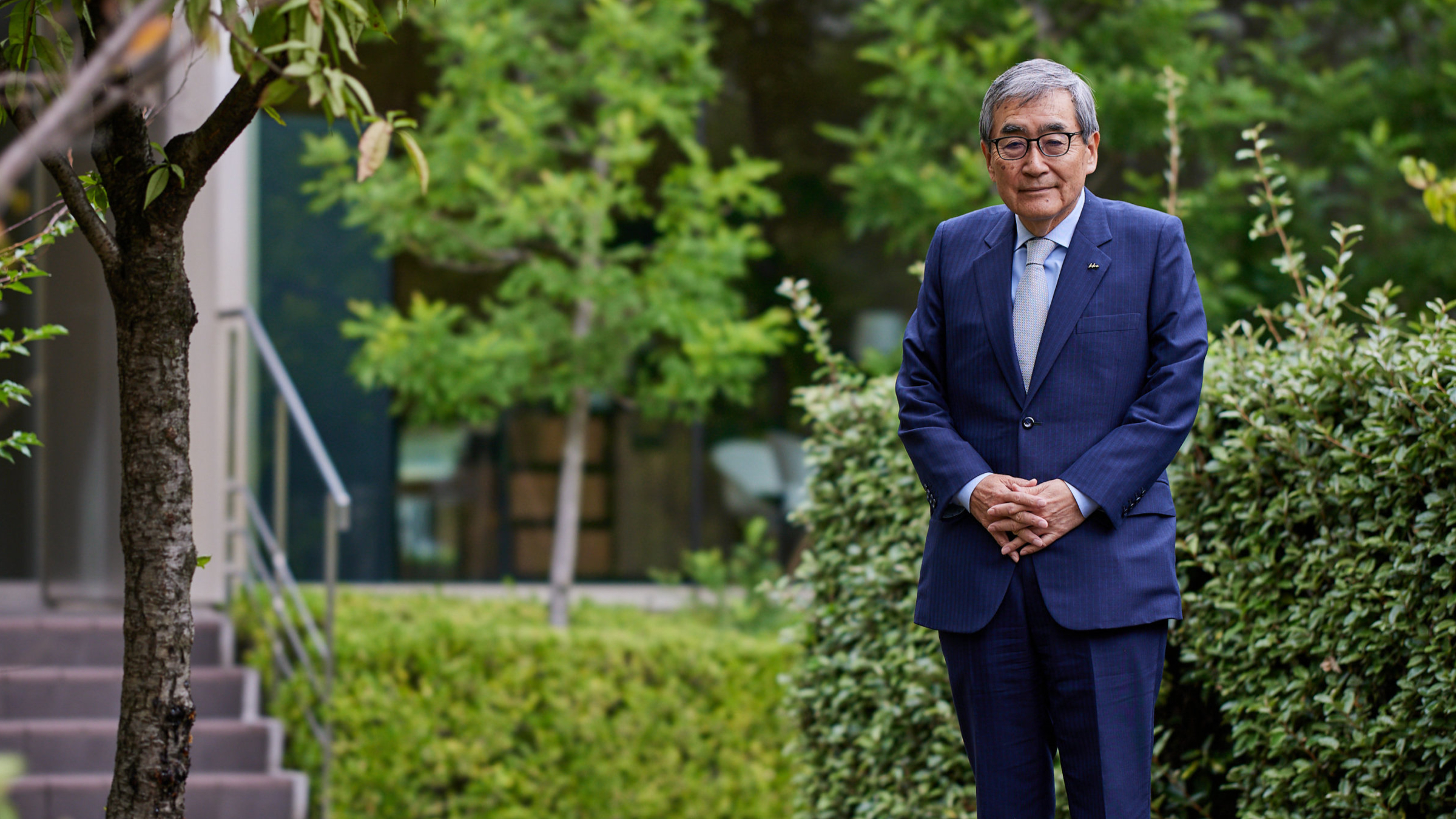
Haruo Naito, Eisai CEO (Shoko Takayasu/Bloomberg via Getty Images)
Breaking: FDA clears second Alzheimer's drug in 'foundational spark' for field
US regulators approved Eisai and Biogen’s Alzheimer’s drug lecanemab, a landmark moment for the disease and a second chance for the companies after their drug …
Sign up to read this article for free.
Get free access to a limited number of articles, plus choose newsletters to get straight to your inbox.